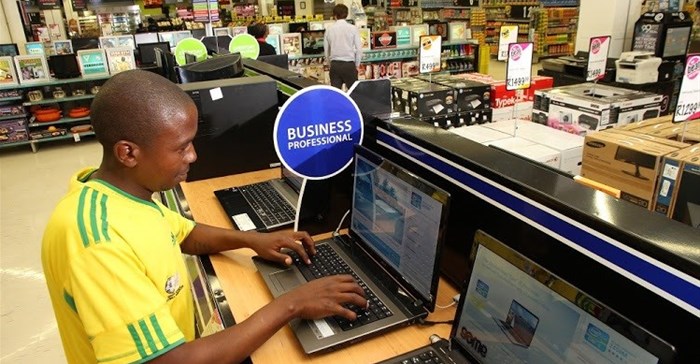The Constitutional Court on Friday refused to give Pick n Pay Retailers an interdict to stop Masstores' Game store from trading as a supermarket at the Cape Gate shopping centre, despite Pick n Pay having an exclusive right to do so.
In its judgment, the court looked at whether it should develop the law on unlawful interference in contractual relations — a relatively undeveloped area of law — but declined to do so in this case.
In terms of its lease contract with the mall owner, Pick n Pay had an exclusive right to trade as a supermarket.
When Game started selling groceries, Pick n Pay did not sue the mall owner in terms of the lease agreement, but instead went after Masstores with an interdict application — saying Masstores had "interfered with its contractual relations".
Despite there being no contract between Pick n Pay and Masstores, Pick n Pay said the Game owner was still liable under the law of noncontractual damages.
The majority judgment — penned by Justice Johan Froneman — looked carefully at the requirements for damages liability where there was no contract between the two parties.
Froneman said that, while a previous Constitutional Court judgment had allowed liability in cases where one party had usurped the right of another, this case was different.
"Masstores’ trading as a general supermarket does not deprive Pick n Pay of its entitlement to continue trading as a supermarket."
Instead what was deprived was Pick n Pay’s "trading interest, namely its exclusivity". But this exclusivity had not been usurped by Masstores.
"Masstores did not usurp any exclusive right of Pick n Pay and appropriate it as its own," said Froneman.
He said outsiders to a contract did not as a general rule have a legal duty to respect exclusive trading rights given under a contract they were not a part of.
In deciding whether to develop the law so as to make Masstores liable, it was relevant that Pick n Pay was trying to restrict competition, he said.
In order to develop the law, the test was the "boni mores", or the legal convictions of society — infused with the values of the Constitution.
In this area of law, boni mores had been crystalised into "the competition principle" — that the competitor who delivers the best and fairest performance must be victorious.
He said applying this principle to this case, there was no reason to depart from the general principle. "Exclusive trading rights make the competition field uneven," he said.
He also said Masstores had the option enforce its rights under its lease agreement.
"Why should Pick n Pay not enforce the right at its origin, in contract?" he asked.








































